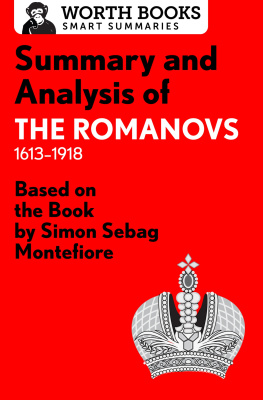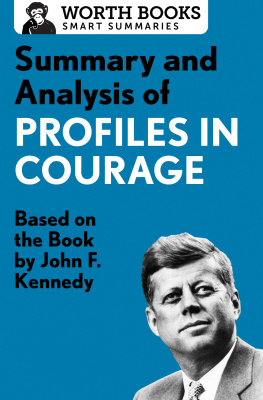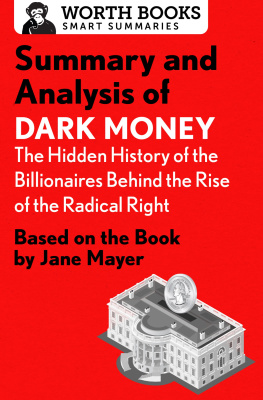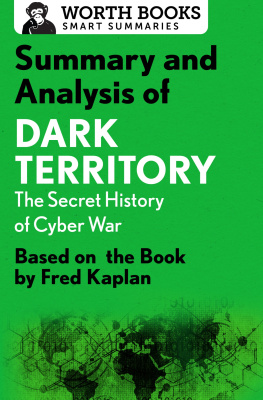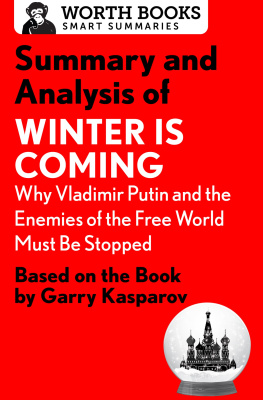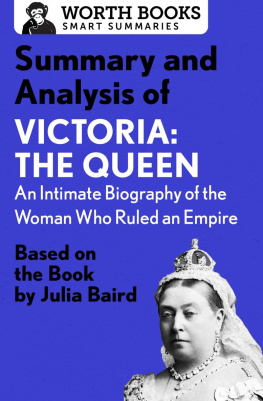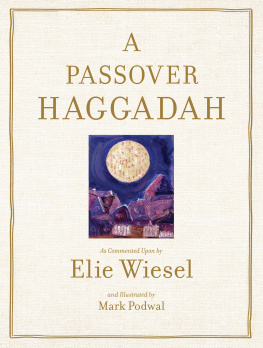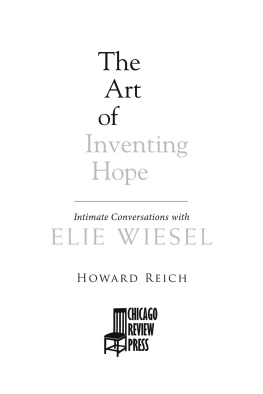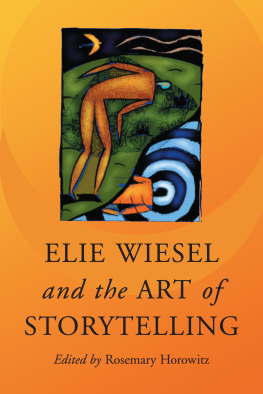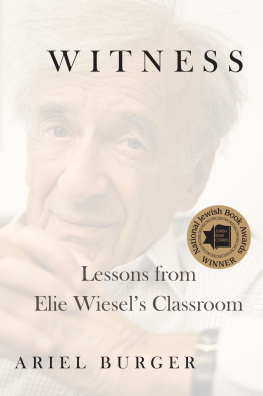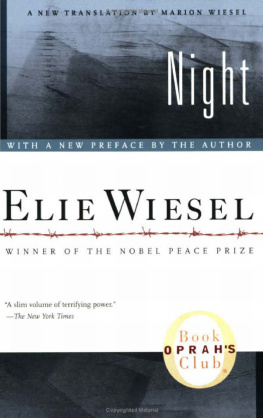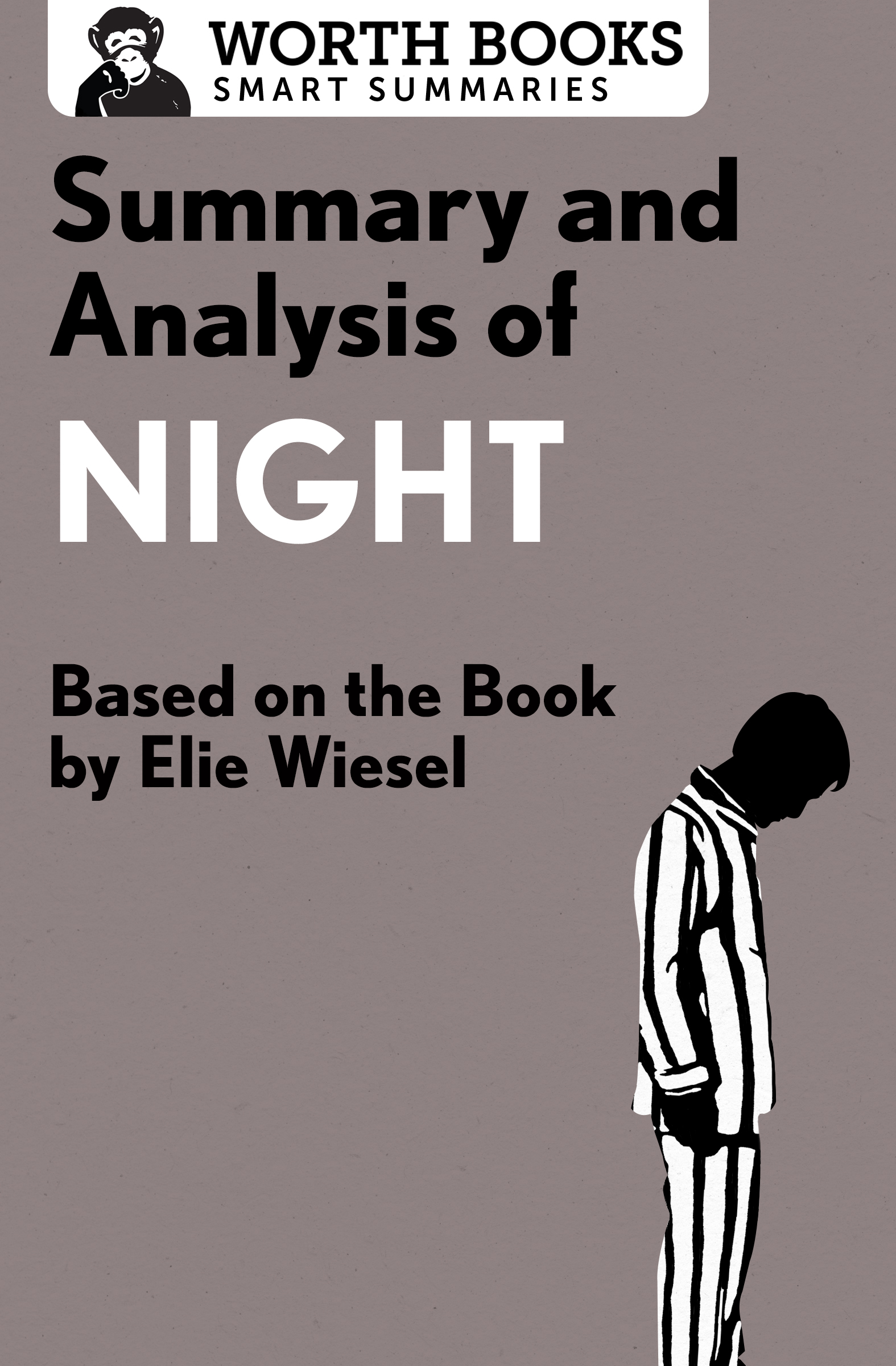Summary and Analysis of
Night
Based on the Book by Elie Wiesel

Contents
Context
When Elie Wiesel wrote Night in 1956, it was rejected by multiple publishers because of the graphic account of the atrocities it describes. It was also assumed that there was no audience for Holocaust literature. While Anne Franks diary had been published to wide acclaim first in 1947and then translated to English in 1952the events recounted by Frank, horrible though they were, take place prior to her transport to a concentration camp, whereas Wiesels story takes place within the brutal confines of Auschwitz, Gleiwitz, and Buchenwald.
Wiesel was encouraged to write his story by the French novelist Franois Mauriac, author of the books foreword when it was ultimately published by Hill and Wang in 1960. The capture of SS lieutenant Adolf Eichmann that same year, and his subsequent trial, brought the magnitude of the historic events to a much broader segment of the American public and facilitated a greater understanding ofand interest inthe stories of survivors.
Early reviews for the book were mixed. One critic argued that it was an invaluable testimony, but a failure as a work of art. However, Night has since sold 10 million copies and spent more than 80 weeks on the New York Times bestseller list. It had a surge of popularity in the 1980s after Wiesel won the Nobel Peace Prize, and again in 2006 after it was selected for the Oprah Winfrey Book Club.
It continues to be the definitive eyewitness account of the sheer inhumanity of the Holocaust, and a popular inclusion in high school and college curricula. Like Anne Franks diary, Night is a useful vehicle for connecting young people to the history of the Holocaust because Wiesel was a teenager when Nazis transported he and his family to the camps. And though he wrote Night many years later, he faithfully delivers his thoughts and emotions exactly as they had occurred, even when they cause him shame.
Holocaust literature has become a full-fledged genre in its own right, with a plethora of fiction and nonfiction texts published in the decades since the original release of Night , as humanity still upholds the notion that we will never forget.
Overview
Elie Wiesels Night is one of the most well known testimonials from a Holocaust survivor in all of literature. At the beginning of the memoir, Elie is twelve years old, a devoutly religious Jew in the Transylvania town of Sighet. At age 15, German troops arriveits the spring of 1944, and the Jews are forced to wear yellow stars on their clothing and are relocated to ghettos. Shortly thereafter, they are rounded up for transport and packed into crowded cattle cars with standing room only and inhumane conditions.
The captive Jews arrive at Auschwitz, the concentration camp in Poland. Elie cannot believe what he is experiencing; the stench of the crematorium is heavy in the air and he witnesses guards throwing children into a burning trench. Elie and his father are separated from his mother and sisters. The Jews are forced into labor, denied adequate food and rest, and beaten mercilessly.
The Wiesels work in an electronics factory overseen by sadists. When the Russian army nears Auschwitz, the prisoners are evacuated on a seemingly endless death march to another camp. Elie and his father manage to keep each other alive as their fellow captives die in droves: shot by Nazi guards or frozen to death in the snow.
The Russian army continues to press on, and the Jews finally arrive in a third camp, Buchenwald. Elies father has been stricken with dysentery. As he lies in bed calling out his sons name, an SS guard arrives and issues a beating that kills him.
Elie must come to terms with a feeling of relief, no longer having to look out for them both. Allied forces liberate Buchenwald in April of 1945, but when Elie looks in the mirror for the first time after his ordeal, he sees a corpse. He has become a shell of a human being, robbed of his family, his community, and his faith in God.
Summary
Preface to the New Translation by Elie Wiesel
Wiesel describes Night as the definitive text of his career as an author and examines his reasons for having written it: to keep a historical record as a duty to the dead, as a small act of vengeance against the perpetrators, and as a warning for the futurelest history repeats itself. He discusses the difficulties he faced in the writing process, thwarted by the feeling that language seemed ineffectual, words like hungerthirstfear could not adequately express the magnitude of the situation, having taken on different meanings during the war.
He notes that Night was rejected by all major publishers when originally submitted, and he quotes at length from sections removed from the original published text that discuss the naivet of a belief in God, a detailed account of his father being beaten just before his death, and an anguished lengthier ending. He explains that with his greater command of English than when the book was originally published, he felt a new translation was warranted.
Need to Know: Night is a damning record of the most reprehensible acts of genocide in human history, a memorial for its victims, and a grave reminder of the destructive powers of fascism and bigotry. With the distance of time, Wiesel confesses he no longer knows what he had hoped to achieve in writing it, but that he continues to believe in his moral obligation to bear witness and keep the events from disappearing from history. The 2006 edition was translated by his wife, Marion Wiesel, who has translated many of Wiesels other works.
Foreword by Franois Mauriac
Author and Nobel laureate Franois Mauriac recalls meeting a young Wiesel in Tel Aviv where the latter was working as a journalist. Mauriac had mentioned to Wiesel how he had been haunted by his wifes description of Jews being forced onto cattle cars at the Austerlitz train station and Wiesel revealed that he had been among them. Mauriac declares the most affecting aspect of Night to be young Wiesels loss of religious faith, referencing Friedrich Nietzsches assertion that God is dead.
For Mauriac, however, experiencing the events of Night secondhand, the book is an affirmation of faith and the endurance of the Jewish people.
Need to Know: Franois Mauriac highlights one of the major themes of the book: the possibility of maintaining a belief in God in the face of indescribable evil. He describes Wiesel as a Lazarus risen from the dead, echoing the final image of the book.
Chapter One
It is 1941 and Elie is twelve years old, living in the small Transylvania town of Sighet with his parents and three sisters. A devoutly religious boy, he spends his free time with a local vagabond, Moishe the Beadle, studying the Zohar, the Kabbalistic books of Jewish mysticism, with little thought of the war. Suddenly, all foreign Jews are deported from Sighet, including Moishe.
The deportees are forgotten until, months later, Moishe returns. He describes his harrowing ordeal: People had been taken to Poland, ordered by the Gestapo to dig their own graves, and then executed. Babies were used for target practice. Moishe managed to play dead and then escape. His account of these events is meant as a warning to the Jews of Sighet, but no one is listening; no one believes genocide is possible in the twentieth century. Life has returned to normal and the news of the war has been mostly promising.
Then, in 1944, the Germans invade Hungary and soldiers appear in Sighet. Jewish community leaders are taken into custody and the wearing of yellow stars becomes compulsory. The Jews are cordoned into two ghettos walled in with barbed wire. One evening, Wiesels father, Shlomo, returns from a town meeting and declares that they are soon to be transported out of Sighet. No one knows where they will be going. The Wiesels are scheduled for the last convoy and Elie watches as the others begin their dismal procession.


